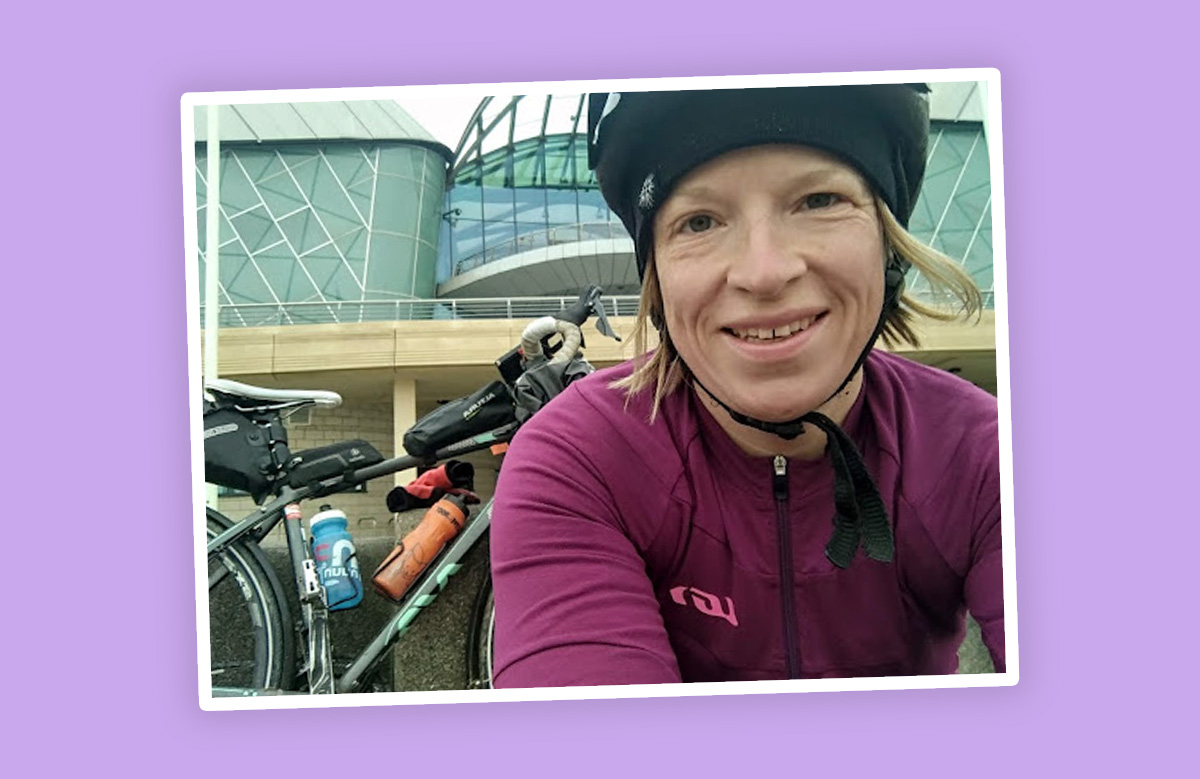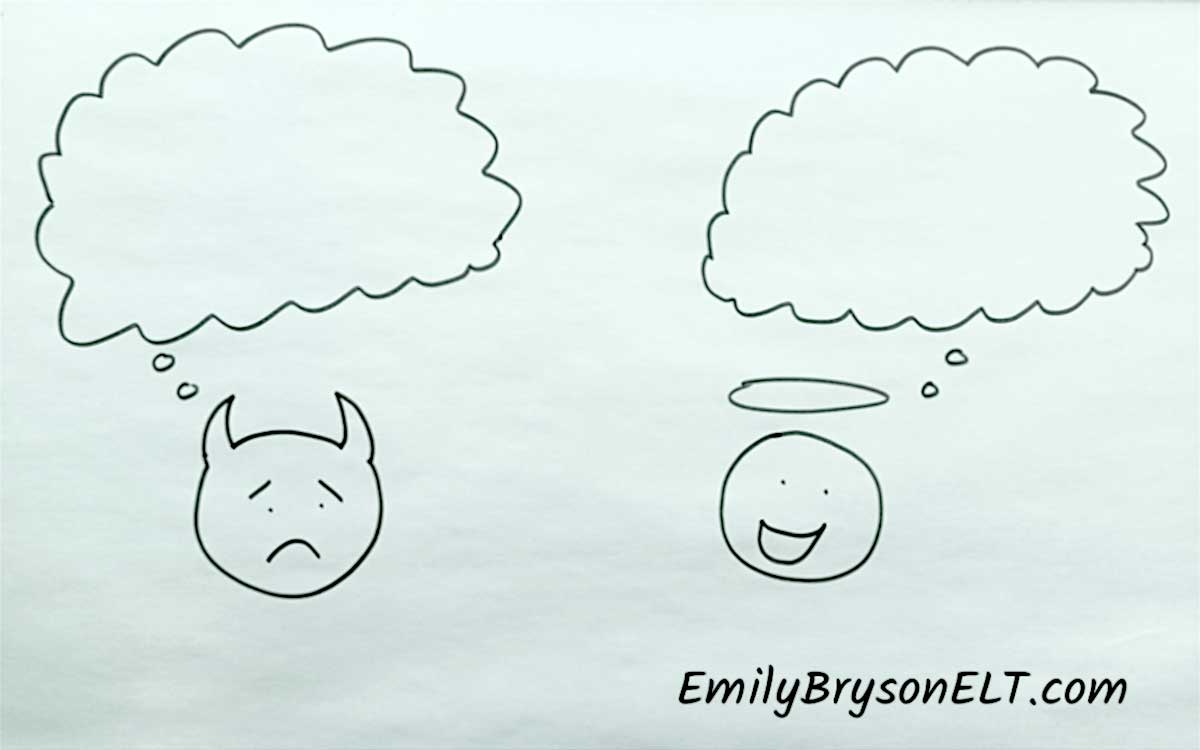Share this post
As I write this, I’m preparing for a long-distance bike ride. I’ll be cycling 250 miles between Glasgow and Harrogate to raise money for the Hands Up Project.
It’s the third time I’ve cycled to IATEFL. In 2022, I cycled from Glasgow to Belfast (via ferry) for Amala Education and in 2019 from Glasgow to Liverpool for Code Your Future.
Each time, people have donated generously and then commented in awe:
- "I just don’t know how you can do that."
- "I’d never be fit enough."
- "You’re an amazing human."
However, I’m not any more amazing than any other human. I’m also not even superfit. What gets me to my destination is my growth mindset.

What is a growth mindset?
A growth mindset is having the self-belief that you can succeed at life’s challenges. It’s about having the confidence to try new things, push yourself, and learn from mistakes. People with a growth mindset believe that they can achieve anything if they try hard enough.
The opposite is a fixed mindset. This is when someone doesn’t believe that they can do something, so they avoid it or give up when things get difficult. People with a fixed mindset may believe that their skills and abilities are unchangeable.
Why is a growth mindset important for students?
Confidence is crucial for language learning. Students who believe that they can learn to develop their skills, memorize new words, and communicate fluently are much more likely to succeed.
These learners also tend to be more self-directed, motivated, and resilient. When tasks are difficult, they’ll find a way to complete them rather than giving up.
Why is a growth mindset important for teachers?
As teachers, we are role models. When students see someone who believes in themselves (and in them), this inadvertently gives them confidence.
Giving students praise and supportive feedback while encouraging them to develop new skills can have a huge impact on student’s self-belief and mental well-being.
From a professional development perspective, cultivating a growth mindset is key to learning new teaching skills or making career advances.
How can we boost our learners' (and our own) growth mindset?
Positive self-talk is the key to a growth mindset. We need to be kind and reassure ourselves (and our learners) that anything is possible with effort.
I’ve had moments when I’m cycling uphill into horizontal rain. The only option is to continue and the best way to reach the destination is to pedal as hard as possible. In moments like this, I have mantras:
- "Just keep pushing."
- "I can do this."
I’ve adopted similar mantras when I have multiple deadlines or an overwhelming to do list:
- "Keep going."
- "One more."
I remember once reading an article by Juliana Buhring, a round-the-world cyclist. She mentioned that she finds reframing her thoughts invaluable when things get tough. Instead of "This is awful," reframe it to "This is fun" or "I’m definitely learning something today."
This can be particularly helpful when it comes to mistakes. For some learners, mistakes can be demotivating and anxiety inducing. However, in reality, they are the best learning opportunities.
Whenever my learners make a mistake, I’ll respond with "Oh good! I’m so glad you did that. That's a really common mistake. Now we can talk about it and practice."
You can also support your learners and your inner voice by reframing with the word "yet."
For example:
Student: I can’t do this.
Teacher: You mean, you can’t do this YET?
Student: I don’t know how to use narrative tenses.
Teacher: You mean, you don’t know how to use narrative tenses YET?
This instantly demonstrates that skills are there to be developed. It’s only a matter of time and hard work.
You may also like this post about switching off your inner troll and paying more attention to your inner angel.
Share a comment with Ellii. How do you feel about growth mindset? Is it something that comes naturally to you? How do you support your learners to be positive and confident about developing new skills?
Comments (6)
Opal E.(Teacher)
May 4, 2023 at 8:31 pm
Elena Eidelberg(Guest)
May 6, 2023 at 12:10 pm
Donna H.(Teacher)
May 8, 2023 at 5:36 pm
Donna H.(Teacher)
May 8, 2023 at 5:37 pm
Magdalena O.(Teacher)
March 24, 2024 at 6:38 pm

Tanya Trusler(Author)
March 25, 2024 at 4:06 pm
Millie Estrada(Guest)
April 2, 2025 at 3:45 pm

Tanya Trusler(Author)
April 3, 2025 at 10:01 pm
Anh V.(Student)
May 29, 2025 at 1:23 pm

Tanya Trusler(Author)
May 29, 2025 at 6:16 pm


